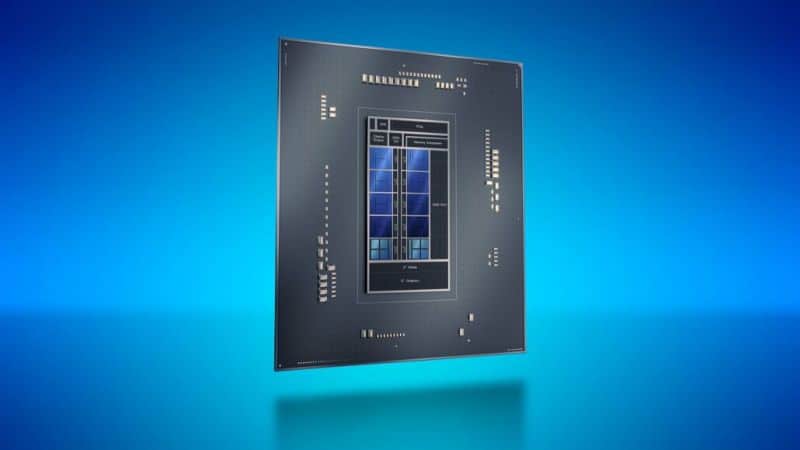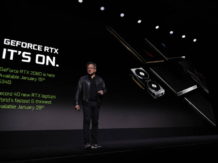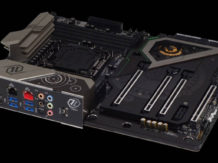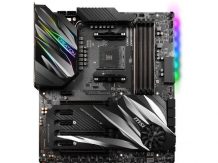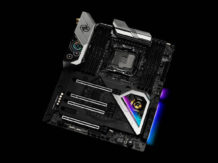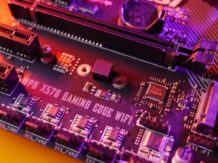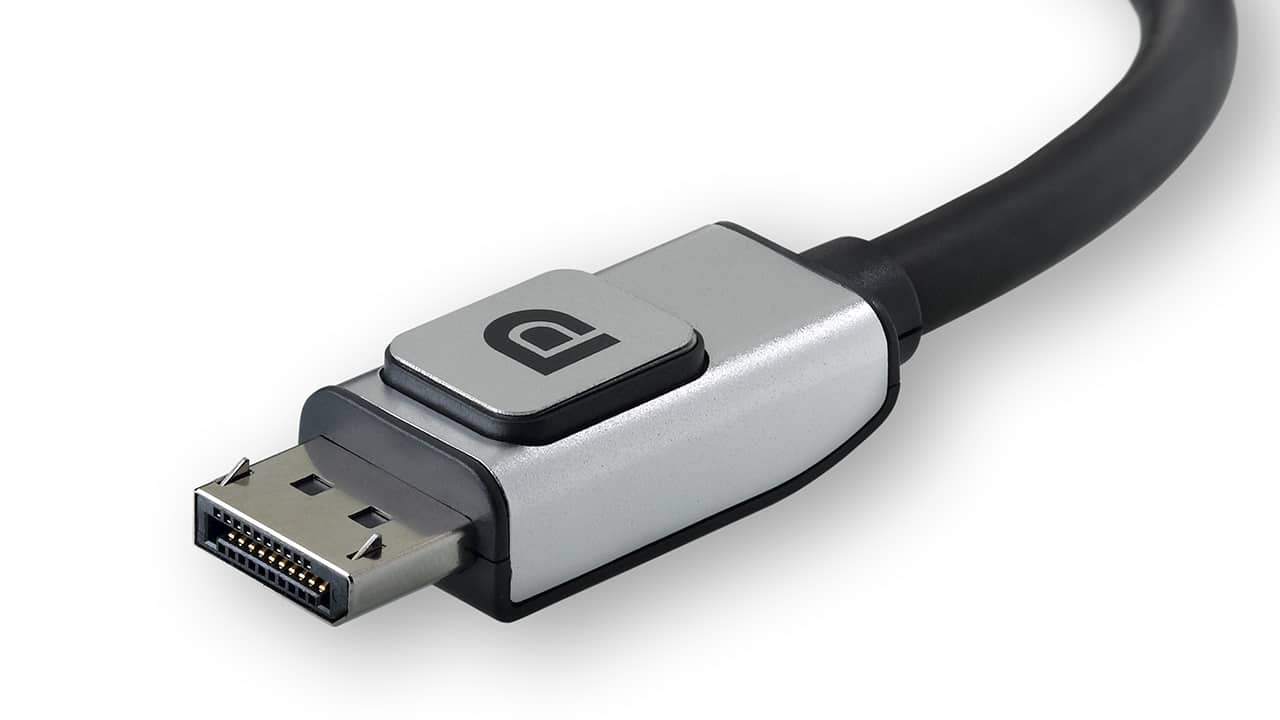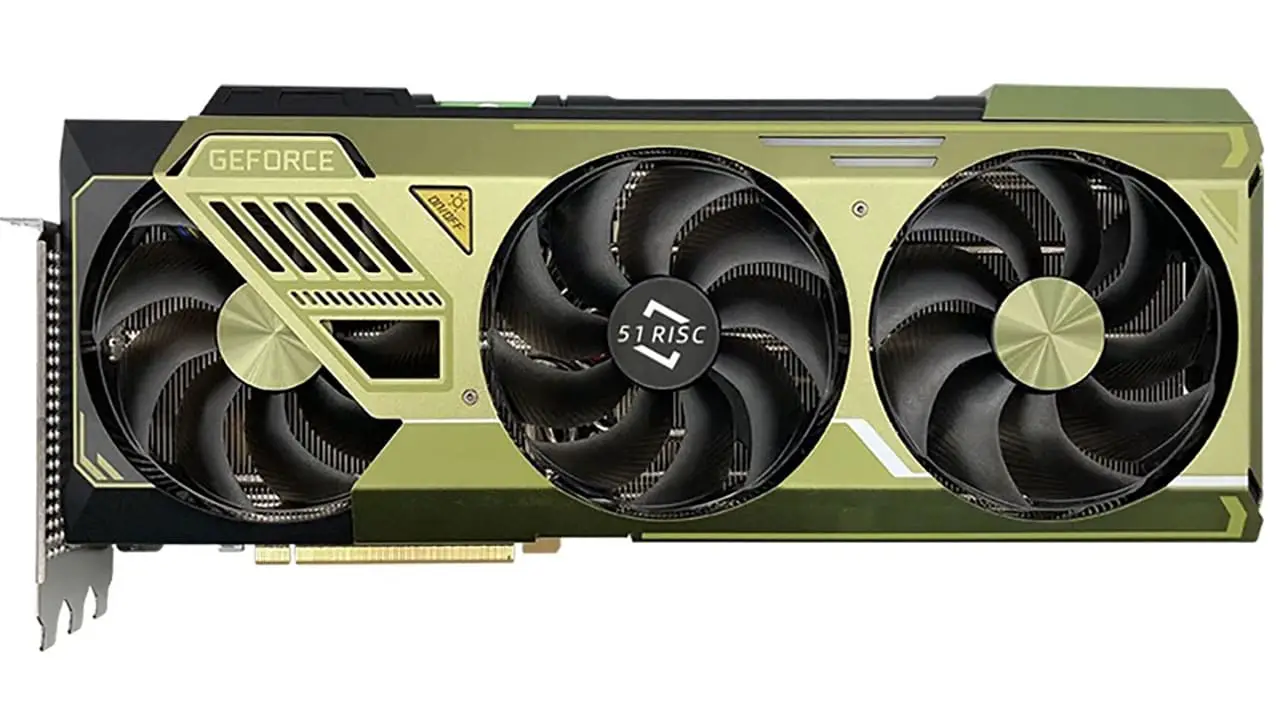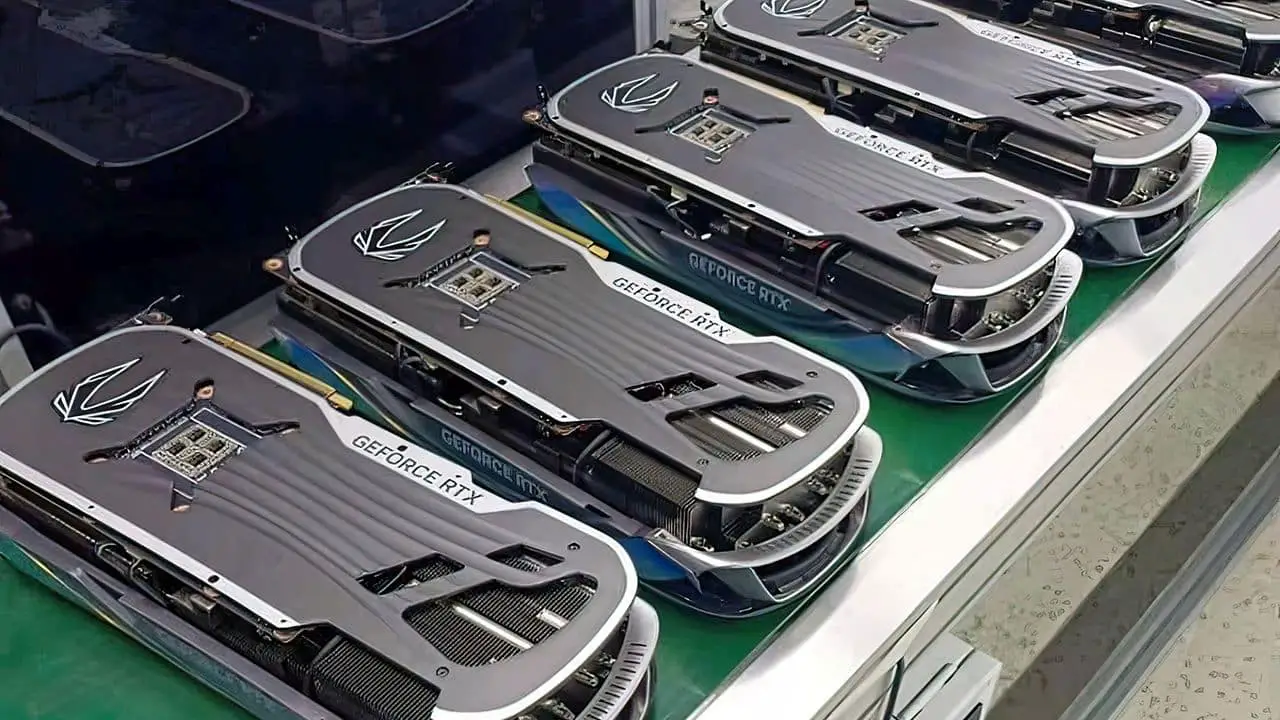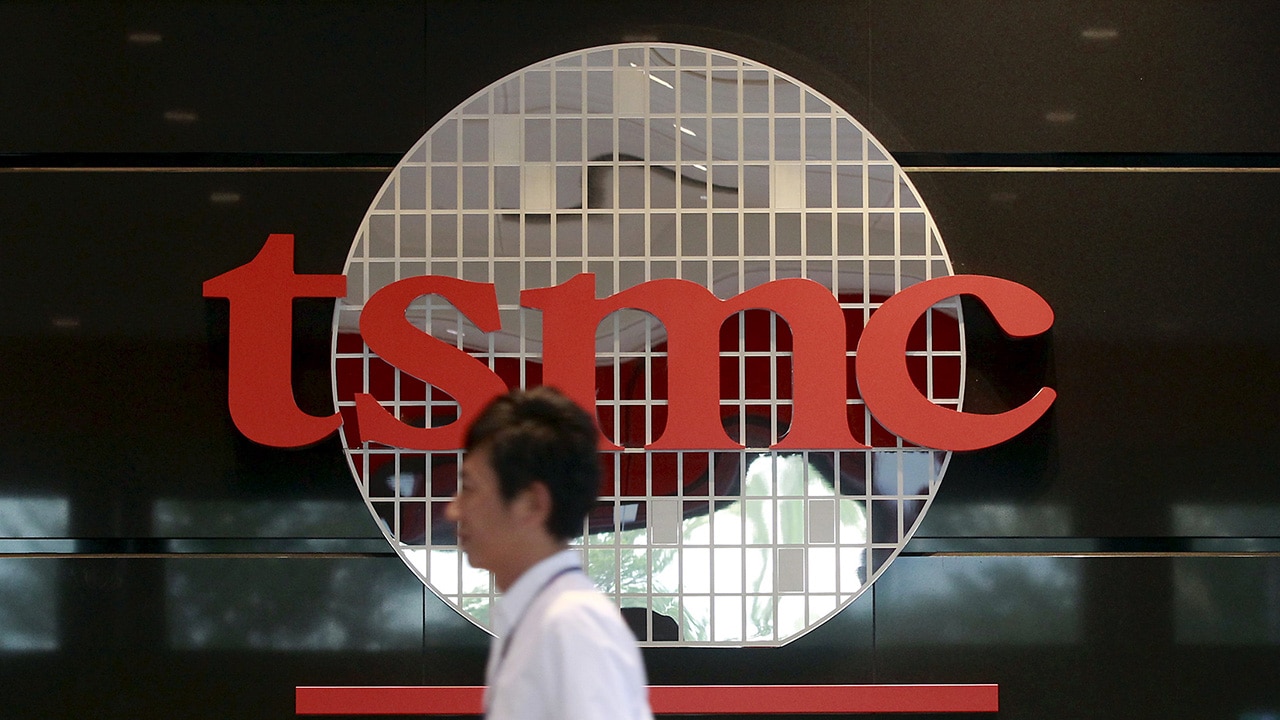Intel has everything ready for the launch of its new Alder Lake processors, and looking for those who acquire them to get a good experience, the company launched its optimization guide for game developers, where they explain the care to take into account for its new hybrid architecture .
One of the most striking points in this guide is the one referring to DRM, where the company explains that some DRM can cause performance problems because they are not optimized for processors with hybrid architecture, although they are already working with the main DRM developers such as Denuvo. in order to solve it:
If one of your existing or future games uses DRM middleware, you should contact the middleware vendor and confirm that it supports hybrid architectures in general, and the future Intel ADL platform in particular. Due to the nature of modern DRM algorithms, you could use CPU detection, and you should be aware of future hybrid platforms. Intel is working with leading DRM vendors like Denuvo to ensure their solutions support new platforms.
Intel also confirmed that it is working with game development platforms such as Unity or Unreal Engine to facilitate optimization for CPUs with hybrid architectures, which is also excellent news. However, for the games already released, this architecture could bring several problems since performance will be lost if the high-efficiency cores are used instead of the high-performance cores, so it will be necessary to see how Intel solves this problem, possibly via its revamped task scheduler that was incorporated into Windows 11.
Alder Lake will hit the market on November 4, and that same day their reviews will come out, so it won’t be long to see how it will perform in games. It will be interesting to see if there is any performance loss due to misallocation of cores, or if the new task scheduler takes care of correctly assigning tasks in games and applications not optimized for hybrid architectures.





